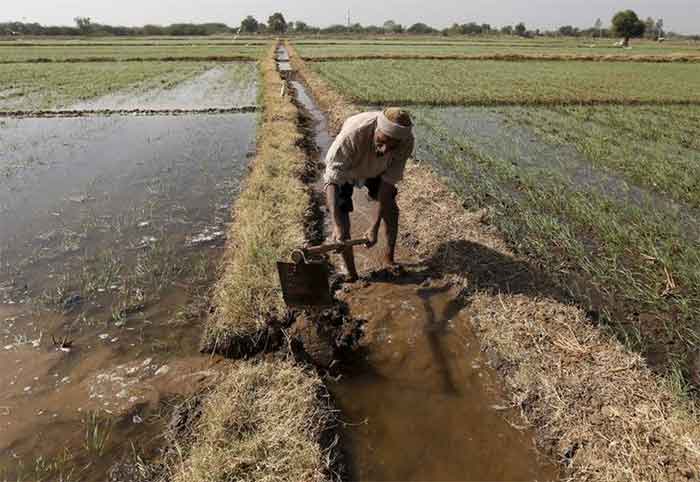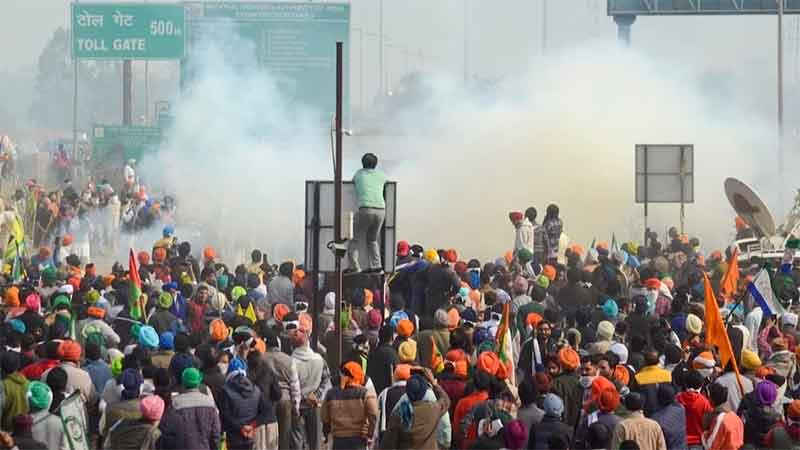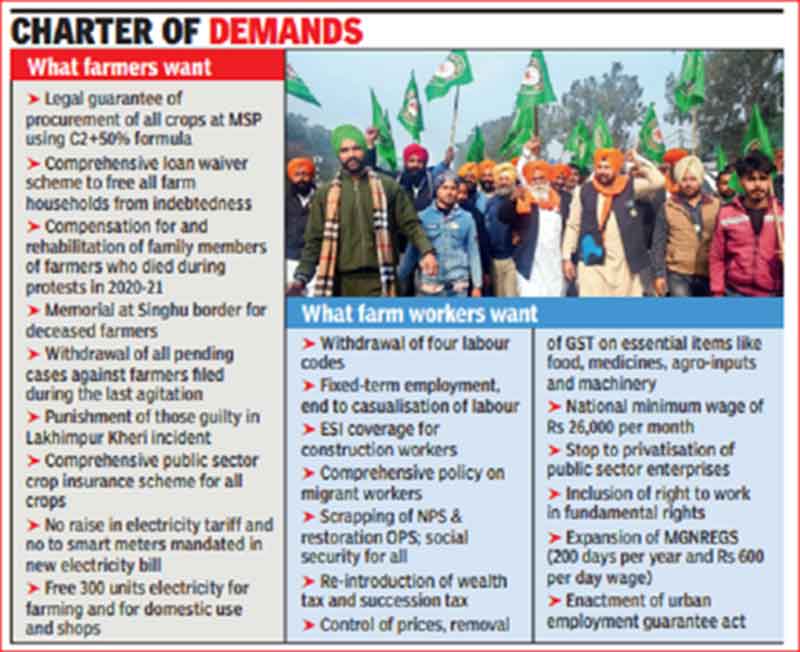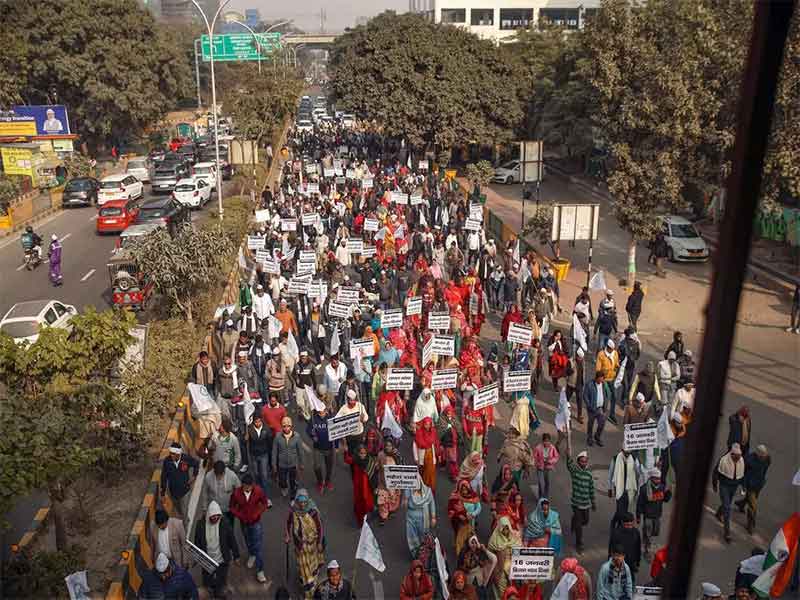
After the acceptance of the demand for the repeal of three farm laws, the minimum support price (MSP) issue is now the main remaining issue between the government and the farmers’ movement. Unlike the simpler issue of repealing or not repealing the three controversial laws the MSP issue is a more complex issue which needs to be more carefully integrated with the pursuit of sustainable and longer-term solutions.
One fact that cannot be forgotten is that the ongoing farmers’ movement has its greater strength in the most intensive green revolution belt of the country including Punjab, Haryana and Western Uttar Pradesh, extending to the terai area. This has already led to massive loss of soil organic content and its natural fertility, large-scale loss of earthworms and pollinators, water depletion and pollution, heavy energy-intensive and expensive mechanisation of farm work, loss of time honored soil and water protecting mixed farming systems and crop rotations including loss of nitrogen-fixing legume crops, sharp increase in dependence on outside inputs particularly chemical fertilizers, pesticides, weedicids, diesel and other such expensive inputs, sharp rise in GHG emissions related to farming, sharp decline in health-related qualities of food crops, appearance of new diseases and health problems in villages.
For the sake of argument let us imagine that the government accepts all demands of the farmers relating to the high procurement price demanded by them and a greater share of crops purchase by government within this system. As the costs of this farming go on rising the farmers will need higher and higher price for their crop to keep pace with costs. Let us imagine that the government accepts this also, at the same time not raising the price at which food is sold in fair price shops, accepting all the heavy financial burden. What will this lead to finally?
This will lead to a situation in which farmers have no big economic incentive to move away from ecologically harmful farming system because their adequte earning from this is assured for the time being by government purchase. This can continue for a few years. Ultimately however the ecological destruction will become so much that the system will collapse. Clearly such a path cannot be called a sustainable path or a wise path.
Now look at an alternative path in which both government policy makers and farmers’ movement reach an agreement to move towards an ecologically protective path which is also a low-cost path, a more self-reliant path and a less GHG emission path. Main components of such a path can be—minimize or eliminate outside expensive inputs like chemical fertilizers, pesticides, herbicides, exotic seeds sold by big companies and place great emphasis on manure and composting, protection and sharing of vast diversity of traditional improved seeds, mixed cropping systems including plenty of legumes and suitable rotations which are good for soil and water, more crop processing and diversified livelihoods at village level, non-chemical methods of pest control, much more emphasis on soil and water conservation.
This will help to reduce costs and debts as purchase of outside inpts is not involved here. The produce will be healthy and organic and the government should pay a good price for purchase of a significant part of this healthy produce. In fact within the same village the government can procure and then hand over for nutrition programs and public distribution system a part of the produce, saving the other part for stocks and urban areas. This is sustainable.
As this entire system contributes also to climate change adaptation and mitigation, some funding can be available from international sources too for this effort, and in addition the government can also cobntribute more funds. At the same time the government can stop a lot of funds wastage in transport of food across vast distances, or in fortification with artificial nutrients. Subsidies given for chemical fertilizers, other agro-chemicals etc. can be phased out too over a period of time. GM crops should be banned. India can thus emerge as perhaps the biggest centre of safe and healthy food, thereby finding a good-price export market too after meeting nutrition needs within the country.
It is within such a wider framework that the demand for MSP should be pursued, and not in a way which will perpetuate ecologically harmful farming practices and systems.
Bharat Dogra is Honorary Convener, Campaign to save earth now. His recent books include Protecting Earth for Children and Man Over Machine ( Gandhian ideas for our times).















































